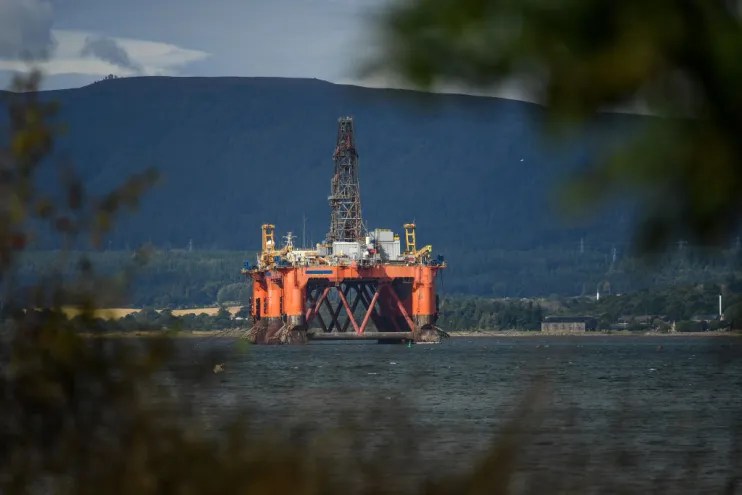The massive cost of decommissioning the UK’s oil and gas fields

Decommissioning costs for the North Sea oil and gas fields could overtake UK capital expenditure within the next 16 years, according to a new report from the sector’s largest trade group.
Offshore Energies UK’s (OEUK) 2023 Decommissioning Insight Report, published today, estimates that the process will account for one quarter of the UK’s total oil and gas expenditure by 2032 and “potentially” exceed capital expenditure before 2040.
The report outlines a process set to see sharp cost accelerations across “almost every element” of the decommissioning structure.
The average decommissioning spend per year between 2020-22 was £1.3bn, which is expected to almost double to £2.1bn for between 2023-26 and not return below £2bn until the project fully completes.
Over 1,000 wells are set to be taken out of action as part of the process, an expected average of 210 per year, as well as an average of 8,200 tonnes of subsea infrastructure.
OEUK said that 180 of the UK’s 283 currently active oil and gas fields are due to have ceased production by 2030.
This mammoth work requires a huge workforce and the task of bringing talent to the project faces competition from the shiny renewable sector, according to decommissioning manager for OEUK, Ricky Thomson.
“We’ve got issues in terms of attracting people to the industry,” he told City A.M. today.
“Obviously there’s this push on renewable energy but we need people to come in and learn from decommissioning and 50 years of innovation so they can help us deliver this work,” he said.
The decommissioning project is expected to last anywhere between 10-15 years and Thomson sees it as a valuable learning curve for the energy providers of tomorrow too.
“What goes up must come down, including all the renewables getting thrown up, so who better to do that than a supply chain in the UK that will have done it all before?”
The project has seen some areas hit by contractor departures for better deals overseas, including onshore disposal using large ‘topside’ structures but Thomson says there is “extremely hard work” happening to fill the gaps.
In October, the North Sea Transition Authority (NSTA), the UK’s industry regulator, unveiled the first 27 new licences for oil and gas projects in British waters this morning as part of its latest licensing round — which includes major players such as BP, Shell and Total.
Prime Minister Rishi Sunak has also pledged more than 100 new licences earlier this year, with the scheme set to become annual.